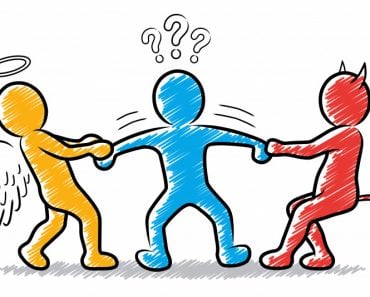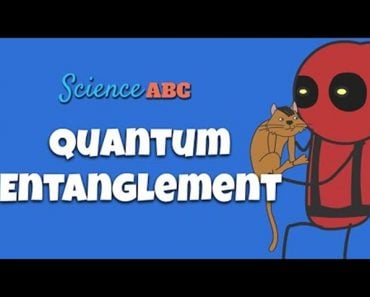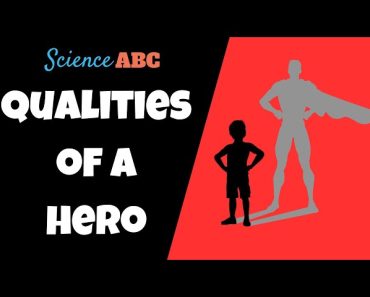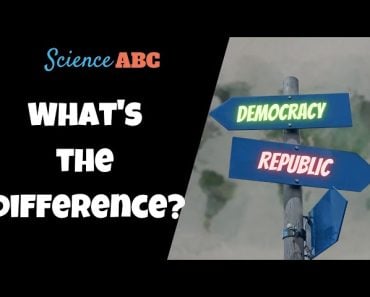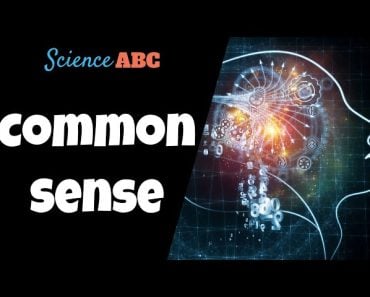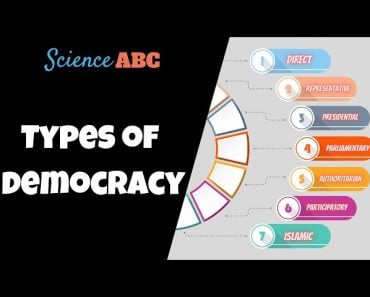An ethical dilemma is a conflict between alternatives where, no matter what a person does, some ethical principle will be compromised. Analyzing the options and their consequences provides the basic elements for decision-making.
To do or not to do, that is the question you ask yourself every morning when you hit the snooze on your alarm. Life offers plenty of little dilemmas that kill you with a smile. Choosing between two of your favorite shirts, struggling to decide whether or not to get a haircut, choosing between the dinner you promised your girlfriend and an impromptu guys’ night out—you make a variety of decisions every day.

The little choices that you make in your daily life are probably quite different than ethical decisions. Ethical decisions involve analyzing different options, eliminating those with an unethical standpoint, and choosing the best ethical alternative. But that begs the question, what are ethics?
Recommended Video for you:
What Are Ethics?
Ethics are the well-grounded standards of right and wrong that dictate what humans ought to do. These are usually put in terms of rights, duties, benefits to the society, fairness, and other specific virtues. They outline a framework to establish what conduct is right or wrong for individuals and broader groups in society.
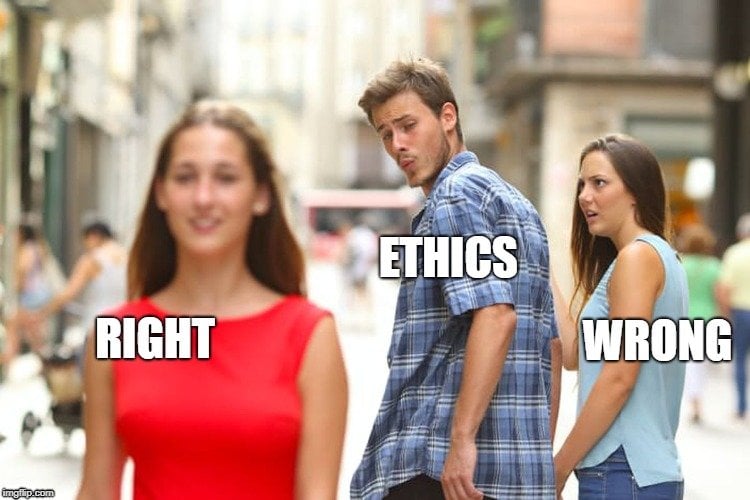
It’s important to recognize that our individual ethics must also engage with the ethics of other people involved in the situation, e.g., our parents, colleagues, clients, etc. The laws of the land, rules set by society, and policies set out by the organization one works for, philosophical schools of thought, moral foundations, and many other such considerations govern ethics. Thus, doing ‘the right thing’ combines personal, professional, and societal ethics.
How Can You Decide If Something Is Ethically Right Or Wrong?
While deciding if what you are doing is ethically right or wrong, you can ask yourself the following questions:
Legal Test
Is there a law being broken? If yes, the issue is of disobedience with enforceable laws instead of the unenforceable principles of a moral code. If it is legal, there are three more tests to decide whether it is right or wrong.
Stench Test
Does the course of action have the stench of corruption? This is a test of your instincts and determines the level of morality on a psychological level.
Front Page Test
How would you feel if your action showed up on the front page of the newspaper the next day? Most people would never do certain things if there was a chance that other people would find out about it. This is a test of your social morals.
Mom Test
This test involves asking oneself, ‘What would mom think if she knew about this?’ When you put yourself in the shoes of another person (who cares deeply about you), you get a better idea of what you’re doing.
These are the basic tests to find out if what you’re doing is right or wrong. However, you often face situations where you find yourself in a conflict between two right things.
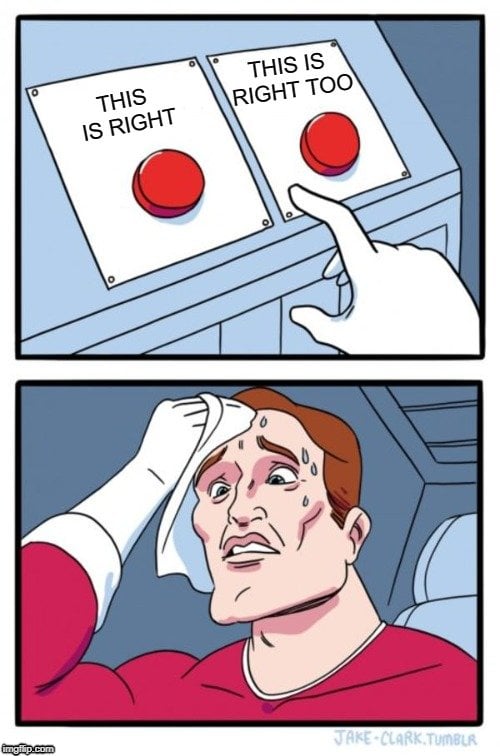
What Is An Ethical Dilemma?
An ethical dilemma is a conflict between alternatives where choosing any of them will compromise some ethical principle and lead to an ethical violation. A crucial feature of an ethical dilemma is that the person faced with it should do both conflicting acts, based on a strong ethical compass, but cannot; he may only choose one.
Not choosing one is the condition that allows the person to choose the other. Thus, the same act is both required and forbidden simultaneously. He is condemned to an ethical failure, meaning that he will do something wrong no matter what he does.
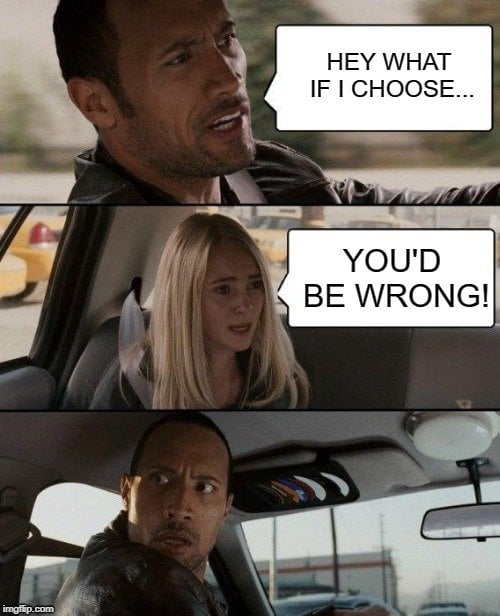
When people encounter these tough choices, an ethical failure rarely occurs because of temptation but simply because choosing any of the conflicting actions will involve sacrificing a principle in which they believe.
Truth Vs. Loyalty
Conforming to facts or reality sometimes stands against your allegiance to a person, corporation, government, etc. Truth is right, and so is loyalty.
A classic example of truth vs. loyalty ethical dilemma is when a person discovers that a close friend or family member has committed a wrongdoing, such as stealing from their workplace. In this scenario, the individual faces a moral conflict between the obligation to remain loyal to their friend or family member and the ethical responsibility to uphold the truth and report dishonest behavior.
On one hand, loyalty may compel the person to keep the secret, protecting the wrongdoer from potential consequences and maintaining trust in the relationship. On the other hand, the commitment to truth may drive the individual to expose the wrongdoing, promoting honesty and integrity even if it strains or jeopardizes the relationship.
Individual Vs. Community
Individualism assumes that the rights of a person must be preserved since social goodwill automatically emerges when each person vigorously pursues his interests. However, ‘community’ means that the needs of the majority outweigh individual interests. It is right to consider the individual, but also right to consider the community.
An example of an individual vs. community ethical dilemma could involve someone discovering a serious health hazard within their workplace that could potentially harm the entire community. Suppose this individual is aware that the company is responsible for the hazard, and exposing it could lead to negative consequences such as job loss, financial instability, and potential harm to the local economy.
In this scenario, the ethical dilemma revolves around the individual’s responsibility to their own well-being and job security (individual interest) versus their duty to the broader community’s health and safety (community interest). The person must grapple with the decision to either prioritize personal concerns, potentially compromising the health of others or prioritize the community’s well-being, even at the expense of personal consequences.
Short Term Vs. Long Term
Most people think it’s obvious to plan for the long term, even if it means sacrificing things in the short term. However, it gets tough to choose when short-term concerns demand the satisfaction of current needs to preserve the possibility of a future. Thus, it is right to think about both short-term and long-term concerns.
An example of a short-term vs. long-term ethical dilemma could involve a business facing financial difficulties. The leadership of the company is aware that taking a certain unethical shortcut, such as engaging in deceptive marketing practices or compromising product quality, could provide a quick infusion of funds, temporarily alleviating the financial strain in the short term.
However, the long-term consequences of such actions might include damage to the company’s reputation, loss of customer trust, and potential legal ramifications. The ethical dilemma here is whether the leadership should prioritize short-term financial relief for the sake of immediate survival or uphold ethical standards and endure short-term challenges with the belief that maintaining integrity will lead to long-term success.
Justice Vs. Mercy
Justice urges us to stick to the rules and principles and pursue fairness without giving personal attention to given situations. Mercy urges us to seek benevolence in every possible way by caring for the peculiar needs of individuals on a case-by-case basis. Both justice and mercy are right.
An example of a justice vs. mercy ethical dilemma could be found in a legal context, such as a judge sentencing a first-time offender who committed a non-violent crime. The judge, bound by the principles of justice, may believe in enforcing the law strictly and giving a sentence that aligns with the severity of the offense.
On the other hand, the judge may also recognize the individual’s remorse, lack of prior criminal record, and potential for rehabilitation. In this case, a more merciful approach might involve a lenient sentence, rehabilitation programs, or community service rather than a harsh punishment dictated solely by the principles of justice.
The ethical dilemma lies in finding the balance between justice and mercy. Strictly adhering to justice may result in a punitive sentence that doesn’t consider the individual’s potential for positive change. Conversely, a purely merciful approach may be perceived as leniency that undermines the principles of justice and fails to address the accountability aspect of the legal system.
When faced with an ethical consideration, we need to be clear about which values are at play. We also need to realize how easy it is to discard one of the values or justify dishonesty to avoid unpleasant confrontations. We do this by thinking things like ‘Everybody does it’ or ‘I will do this one last time’.
Some More Ethical Dilemma Examples
- Your friend is on her way out of the house for a date and asks you if you like her dress. Do you tell her the truth or do you keep mum?
- At a restaurant, you see your friend’s wife engaged in some serious flirting with another man. Do you tell your friend and ruin his marriage or do you pretend you never saw that?
- Your colleague always takes credit for your and others’ work. Now, you have the chance to take credit for her work. Would you do it?
- You are a salesperson. Are you ethically obligated to disclose a core weakness of your product to your potential customer?
Approaches To Ethical Decision-Making
There can be different approaches to thinking about ethical decision-making, although struggling with these dilemmas might give you a headache:
Ends Based
The utilitarian approach or the ends-based approach says that the actions are ethically right or wrong depending on their effects. It argues that the most ethical choice is the one that does the greatest good for the greatest number.
Rules-Based
This approach rests on the belief that rules exist for a purpose and must therefore, be followed. Basically, stick to the rules and principles, and don’t worry about the result!
Care Based
This approach puts love for others first. It is most associated with ‘Do unto others as you would have them do unto you’.
How To Resolve An Ethical Dilemma
What do you do when you find yourself in an ethical dilemma? How do you figure out the best path to take? Before thinking about which path is the most ethical one, be sure to spell out the problem and the feasible options at hand. Our mind often limits itself to two conflicting options and does not see the presence of a third, better option.
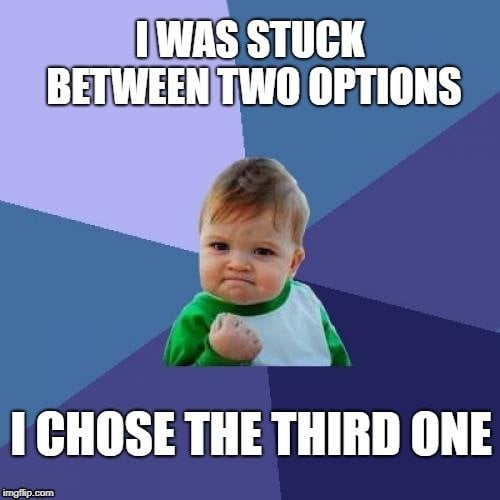
Generally, philosophers outline two major approaches in handling ethical dilemmas after assessing the legality of the actions. While focusing on the consequences of the ethical dilemma, one approach argues ‘no harm, no foul’. In contrast, the other focuses on the actions themselves, claiming that some actions are simply inherently wrong. While these approaches seem to conflict with each other, they actually complement the other in practice. A brief three-step strategy can be formulated by combining these two schools of thought.
Step One – Analyze The Consequences.
When you have two options, considering the positive and negative consequences connected with each option gives you a better outlook on which option is better.
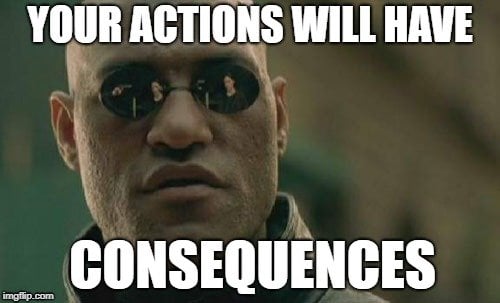
It is not enough to count the number of good and bad consequences an option has; it is also important to note the kind and amount of good it does. After all, certain ‘good things’ in life (e.g., health) are more significant than others (e.g., a new phone).
Similarly, a small quantity of high-quality good is better than a large quantity of low-quality good, and a small quantity of high-quality harm (like betraying someone’s trust) is worse than a large quantity of low-quality harm (like waiting a few more months before asking for a promotion).
Step Two – Analyze The Actions.
Now, look at those options from an entirely different perspective. Some actions are inherently good (truth-telling, keeping promises), while others are bad (coercion, theft). No matter how much good comes from these bad actions, the action will never be right. How do your actions measure up against moral principles of honesty, fairness, and respecting the rights and dignity of others? If there is a conflict between one or more of these principles, consider the possibility of one principle being more important than the others.
Step Three – Make A Decision.
Each of the above approaches acts as a check on the limitations of the other and must, therefore, be analyzed in combination. They provide the basic elements that we can use in determining the ethical character of the options at hand and make the process relatively easy.
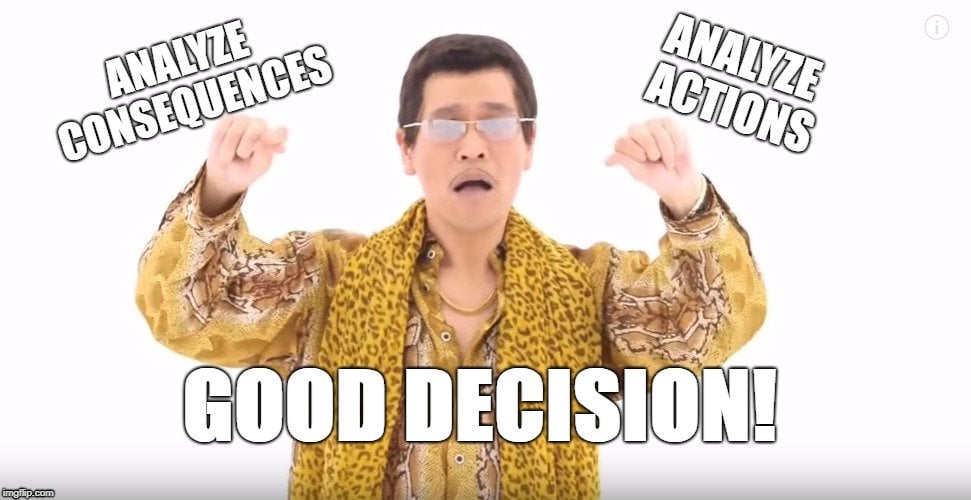
When you find yourself in a fix, consider speaking to others about the situation and getting the opinion of more knowledgeable people to find a possible solution.
Once the decision is made, explain it to those who will be affected by your decision. Be aware and reactive to new developments in that situation that may require you to make changes in your course of action. It will also help you reflect on your past actions and consider whether there is anything you can do to prevent the dilemma from happening again.
Most importantly, stay ethical and stay proud!
References (click to expand)
- Levin, A. (2010). Do I have an ethical dilemma?. Oman Journal of Ophthalmology. Medknow.
- Introduction to Ethic Decision Making. Mercer University
- TI White. Resolving an Ethical Dilemma - Bourbon. The University of Southern California
- Ethics - Ethics Unwrapped. The University of Texas at Austin
- What is Ethics? - Markkula Center for Applied Ethics. Santa Clara University
- (2002) Moral Dilemmas - Stanford Encyclopedia of Philosophy. The Stanford Encyclopedia of Philosophy
- Right and Wrong in the Real World. The University of California, Berkeley


